Everything You Need to Know About Water Heater Replacement Cost in Seaside
Replacing a water heater comes with various cost considerations that should be taken into account. Whether you're considering an electric or gas water heater, it's essential to understand the potential expenses involved in upgrading this vital appliance in your home. Conducting thorough research and gathering information about the cost factors will enable you to make an informed decision that aligns with your budget and ensures a dependable hot water system for your household. By carefully considering these aspects, you can confidently navigate the process of water heater replacement and choose the option that best suits your needs and financial considerations.

When do you need to replace a water heater?
Determining when it's time to replace a water heater is essential for maintaining a consistent supply of hot water in your home. Here are a few key factors to consider:
Age: Water heaters typically last 8-12 years. If your unit is older than this range, it may be time for a replacement.
Corrosion: Rust or corrosion on the tank is a clear indication that it needs to be replaced.
Leaks: While some leaks can be repaired, others may require replacing the entire unit.
Insufficient hot water: If you're experiencing a decrease in hot water supply or running out of hot water sooner than usual, it may be a sign that your water heater needs to be replaced.
To ensure a consistent supply of hot water in your home, it is important to take proactive steps rather than waiting for your old water heater to fail. Regular maintenance, such as flushing the tank to remove sediment, checking for leaks, and inspecting the heating elements, can help prolong the lifespan of your water heater. Additionally, being mindful of signs indicating the need for a replacement, such as age, corrosion, leaks, and insufficient hot water, will allow you to address any issues before they become major problems.

What affects the cost of replacing a water heater?
The cost of replacing a water heater can vary based on several factors. These factors can influence the overall price, and it's important to consider them when budgeting for a water heater replacement. It's recommended to consult with a professional to get accurate estimates and guidance based on your specific situation.
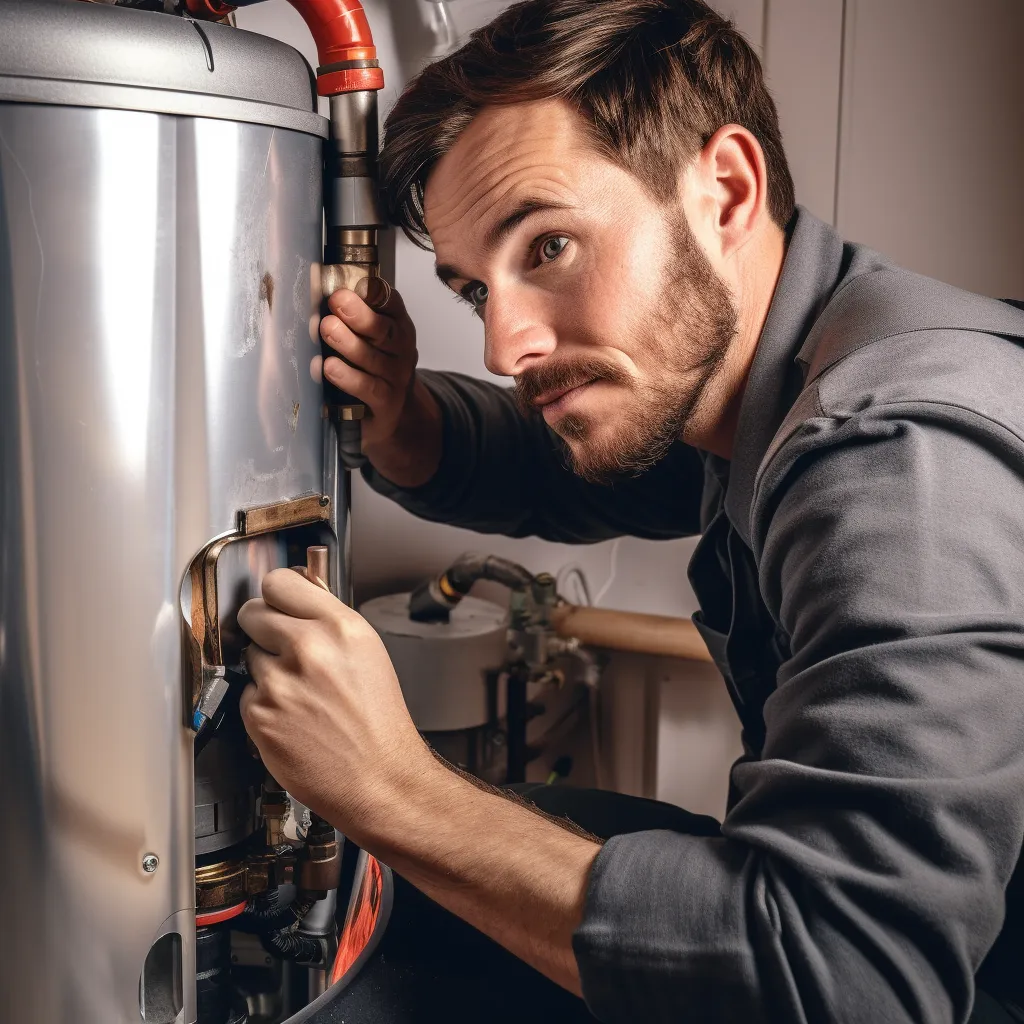
Water heater type: The cost of different water heater types, such as tankless or traditional tank models, can vary based on their size and energy efficiency ratings.
Size of the unit: Generally, larger water heaters will have a higher price due to their increased capacity.
Extras: Additional features like automatic shutoff valves or pressure relief valves may add to the overall cost of replacement.
Installation costs: The cost of installation can vary depending on factors such as the complexity of the project, additional materials required, and the need for new pipes or venting systems.
Labor costs: Professional plumbers may charge an hourly rate or a flat fee for their services, which can impact the overall cost.

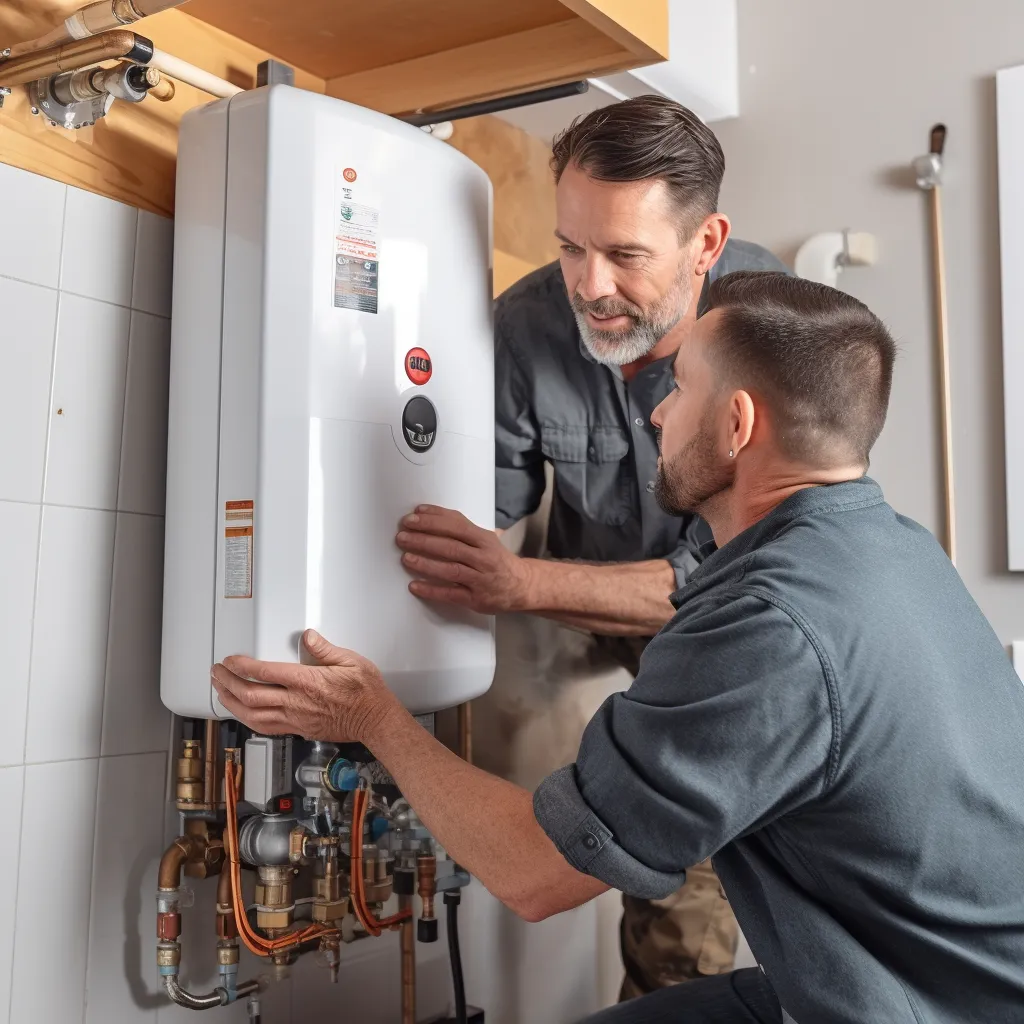
Replacing with energy-efficiency in mind
Investing in an energy-efficient water heater has big benefits:
Reduced utility bills: Energy-efficient models consume less energy, resulting in lower monthly utility bills and long-term cost savings.
Enhanced comfort: These water heaters provide a more consistent and comfortable flow of hot water, ensuring a reliable supply and optimal temperature for your needs.
Durability: Energy-efficient models are often built with high-quality materials and advanced technology, making them more durable and reliable for long-term use.
Eco-conscious choice: By reducing energy consumption, energy-efficient water heaters contribute to a greener and more sustainable environment by reducing greenhouse gas emissions.

How to calculate the size
of the water heater you need for your home
To determine the appropriate size for your hot water heater, it is recommended to consult with a professional who can assess your specific needs and provide personalized recommendations. Factors that affect the size you need include:
The number of people in your household will determine the amount of hot water you need. A larger household will typically require a larger capacity water heater to meet the demand.
Consider your hot water usage patterns. If you have multiple bathrooms or use hot water for tasks like laundry and dishwashing, you may need a larger tank to ensure an adequate supply.
If you live in a colder climate, you may want to consider a larger tank to compensate for the colder incoming water temperature, ensuring you have enough hot water for your needs.
Consider the physical space available for the water heater installation. Ensure that the selected size can fit comfortably in the designated area.

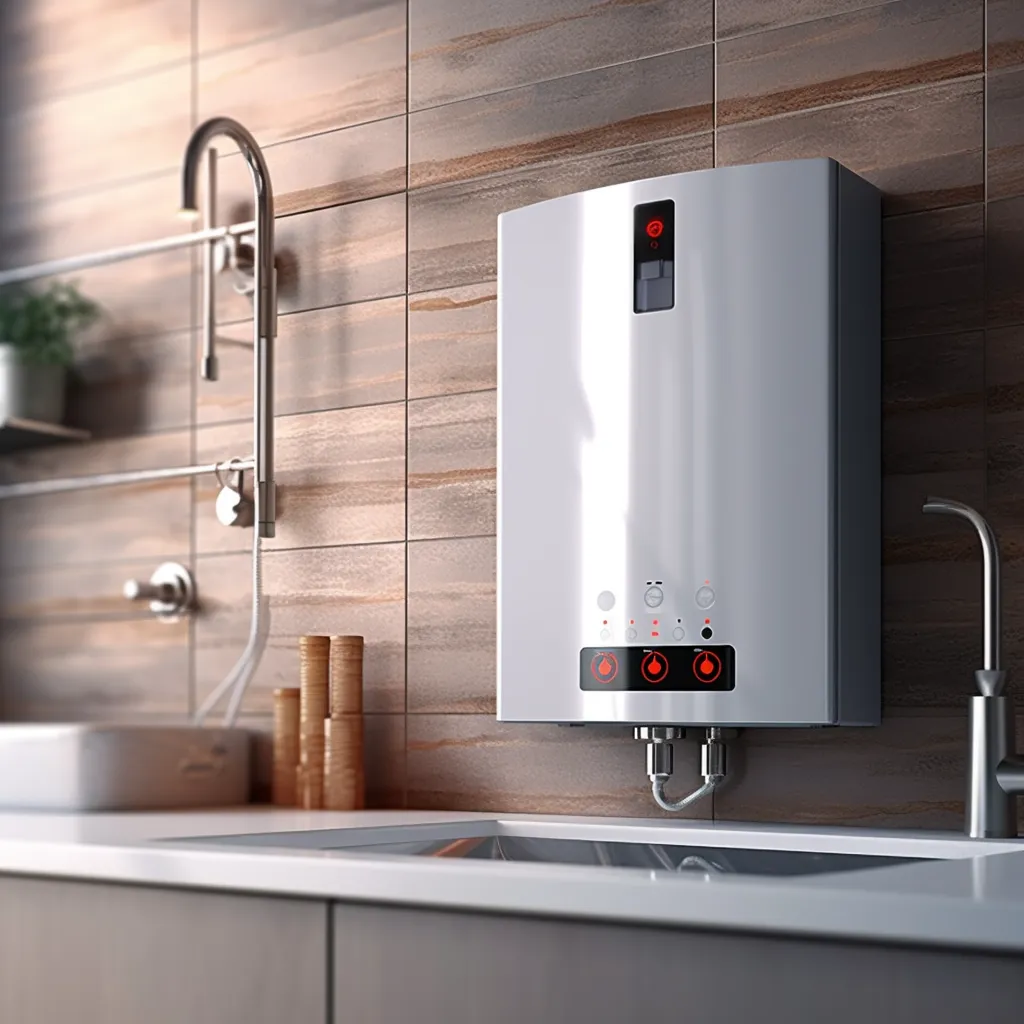
Research the different types of water heaters
When selecting a water heater for your home, there are various options to consider. Traditional tank water heaters store a large volume of hot water in a tank and keep it heated until needed. Tankless water heaters, on the other hand, heat water on-demand, providing hot water instantly without the need for a storage tank. Hybrid water heaters combine elements of both tank and tankless systems, offering energy-efficient operation and a constant supply of hot water. Solar water heaters utilize the sun's energy to heat water, reducing reliance on traditional energy sources. Heat pump water heaters extract heat from the surrounding air or ground to warm the water, making them energy-efficient and cost-effective. By evaluating your household's specific needs, energy efficiency goals, and budget, you can determine the best type of water heater for your home.
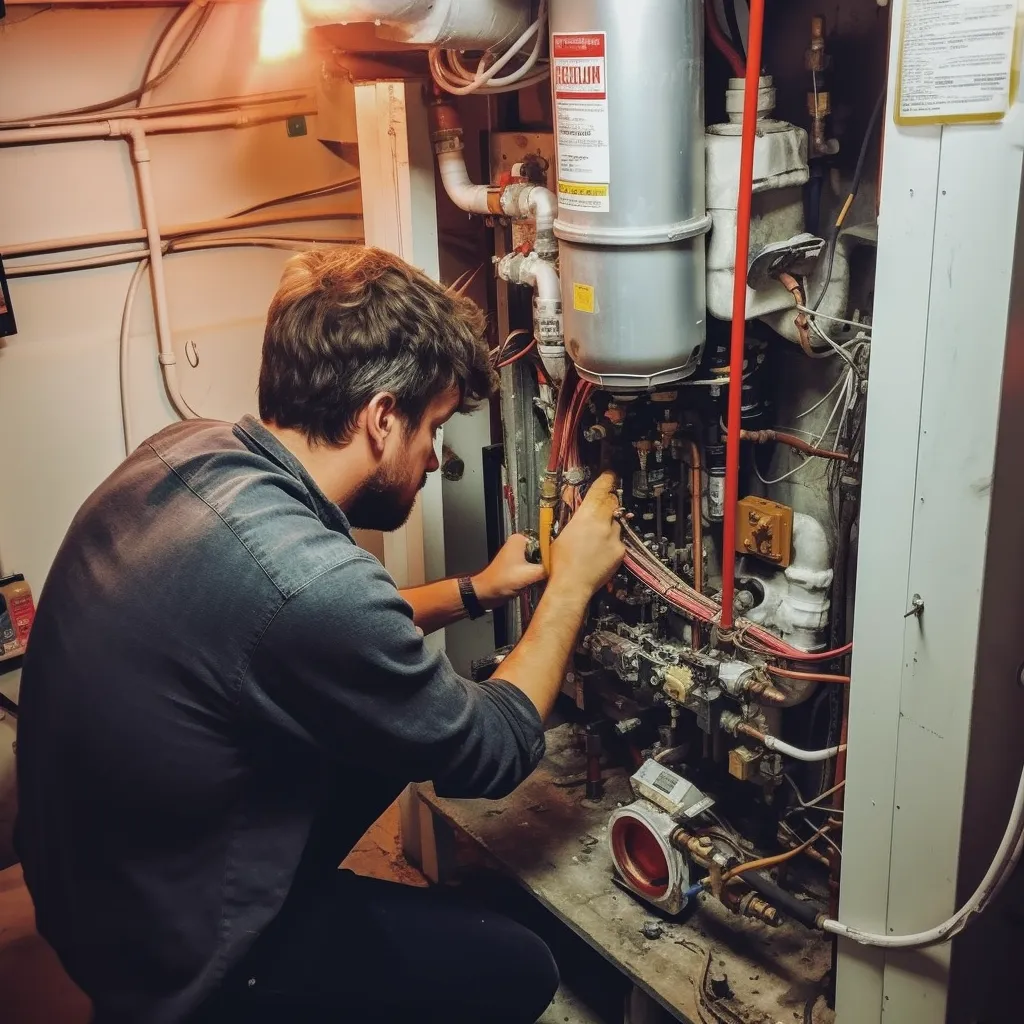
Cost of each type of water heater
Replacing water heaters can be expensive, and the cost varies depending on the chosen unit.
Traditional tank heaters: They are affordable upfront but come with higher energy bills and a shorter lifespan.
Tankless heaters: They have a longer lifespan, lower energy bills, but higher upfront costs.
Heat pump heaters: They have moderate prices and can provide significant long-term savings.
Solar heaters: They are environmentally friendly and can save you money in the long run, but they are expensive upfront.
Smart heaters: These innovative models offer remote control capabilities and energy-saving features.
Condensing heaters: They are highly efficient, but they come with a higher price tag.
When choosing between gas and electric models, consider that gas heaters have lower upfront costs, while electric heaters can be more energy-efficient.
Finally, direct vent water heaters are the most affordable option, while power vent models are slightly more expensive.
Cost of installation and ongoing maintenance
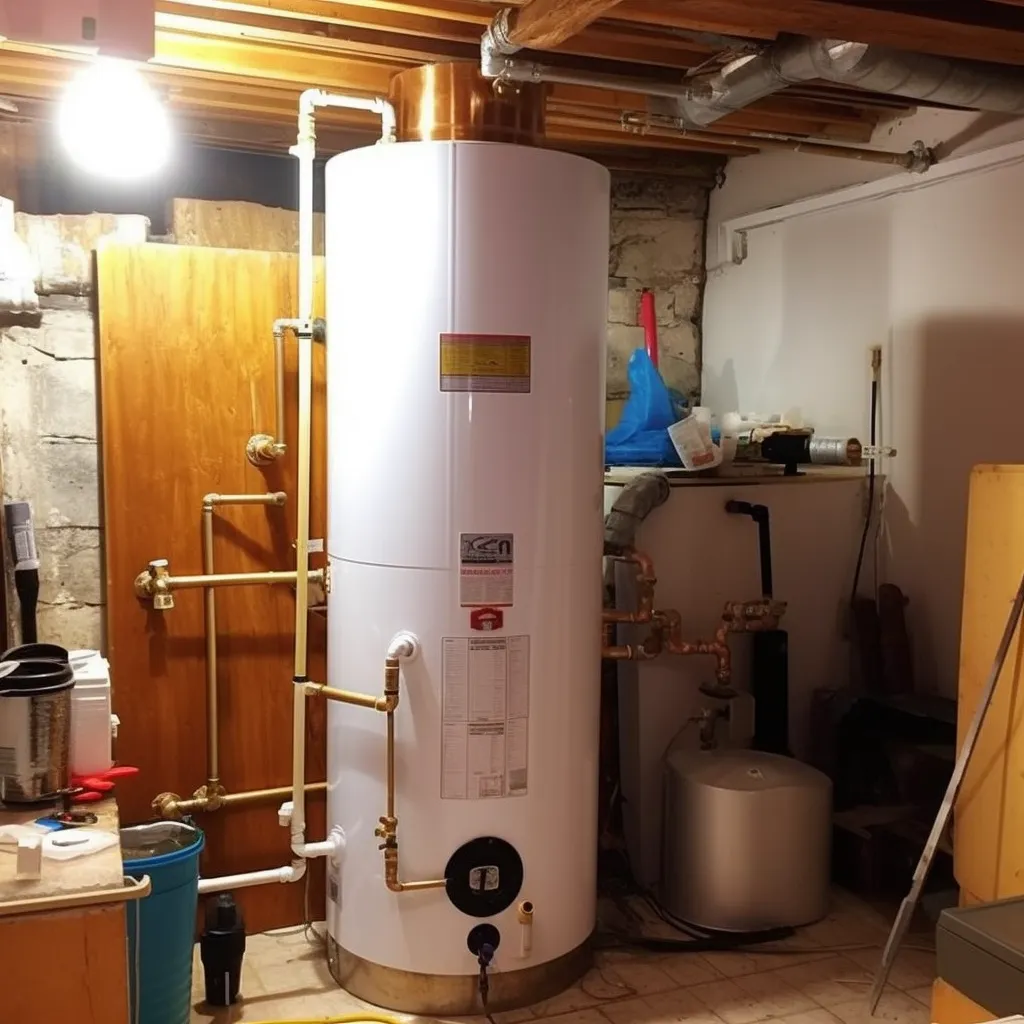
When selecting a water heater, it's important to consider the cost of installation and maintenance. Here are some key points to remember:
Tank water heaters: They typically have lower installation costs but can be more expensive to maintain over time.
Tankless water heaters: They may have higher installation costs but are generally cheaper to maintain, resulting in long-term savings.
Heat pump water heaters: They have medium-priced installation costs, similar to tankless heaters, but may require slightly higher maintenance expenses.
Solar water heaters: They tend to have higher installation costs due to their connection to the home's plumbing system.
Consider the fuel costs associated with each type of water heater. Gas heaters are often more cost-effective than electric models due to lower energy costs. It's important to note that fuel availability may vary depending on your location.
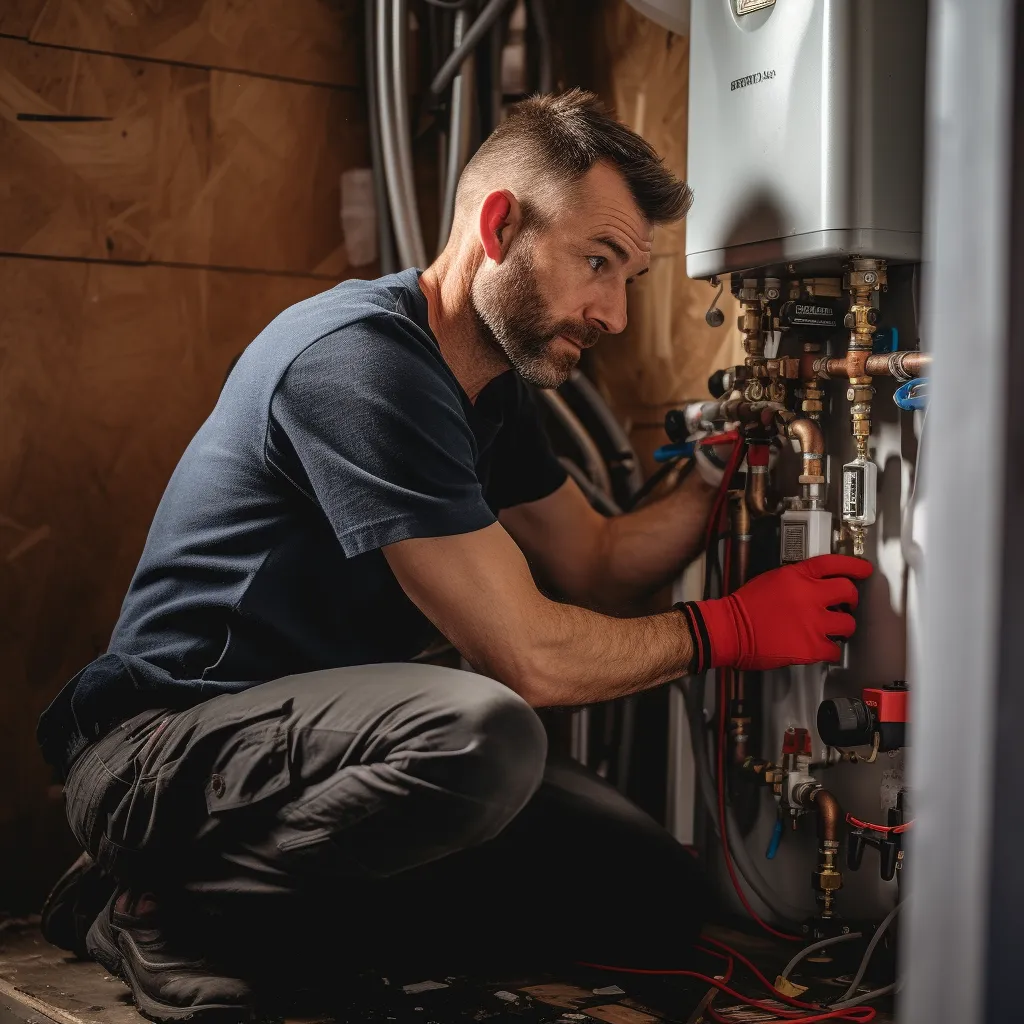
How to get an accurate estimate
for the cost of a water heater
It can be difficult to get an accurate estimate for the total cost of replacing your water heater, including installation, without doing some research.
Consider your household size and hot water usage patterns when determining the appropriate size and type of water heater for your needs.
Obtain quotes from local plumbing companies to assess the installation and upgrade costs for your water heater system.
Consider the cost of the water heater itself, including any warranties or additional features that may be required.
Tips to save money on installing a new water heater
Consider the following money-saving tips when purchasing a new water heater:
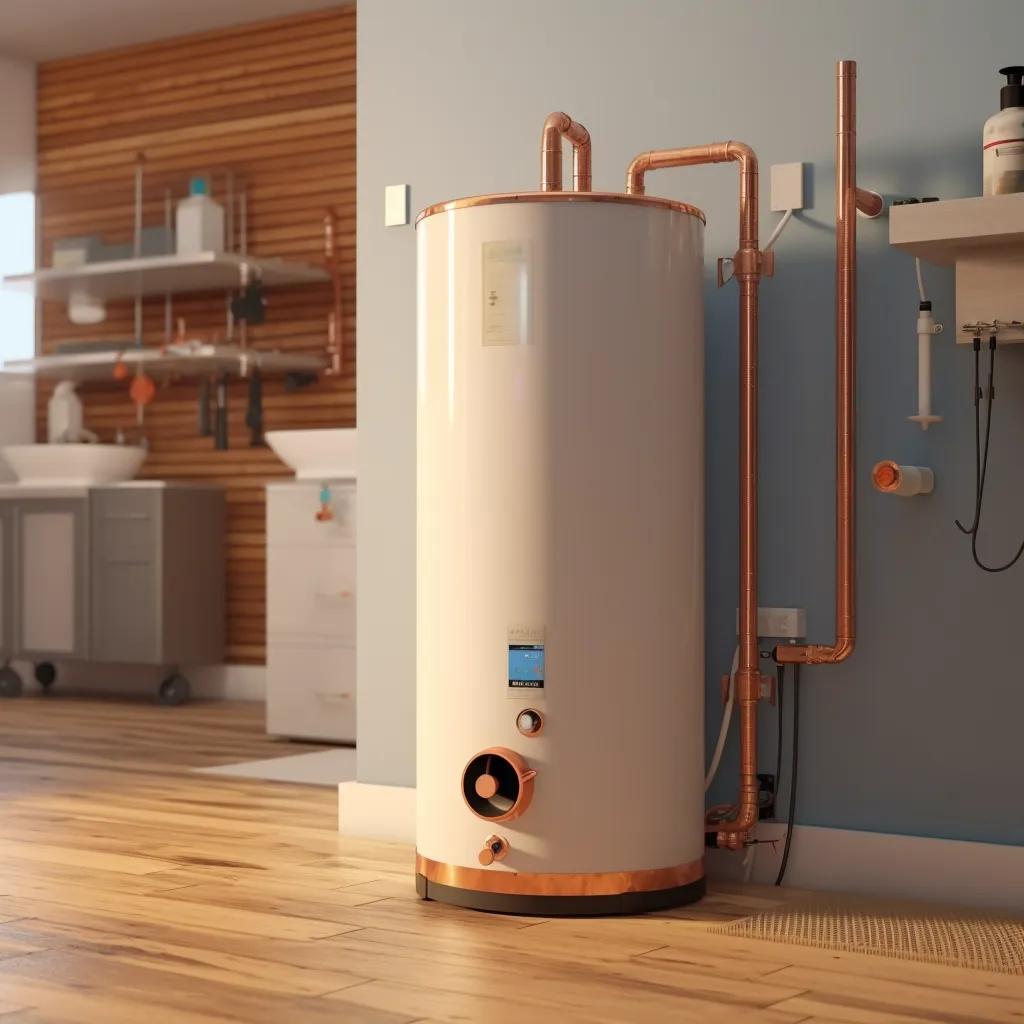
Compare prices from different retailers and plumbing companies to find the best deal.
Check if your local utility company offers rebates or tax credits for purchasing an energy-efficient water heater.
Invest in an energy-efficient model, as it can save you money on your monthly utility bills in the long run.
Look beyond the upfront cost and consider the total cost of ownership, including maintenance, repairs, and energy consumption.
Take advantage of bundle deals or promotions offered by manufacturers or retailers.
Be cautious when considering a used water heater, and thoroughly inspect it before purchasing.
Keep in mind that water heater installation requires specialized tools and knowledge, so it's recommended to hire a professional for the job.
What to do if you need services
to replace your water heater
If your water heater is failing and you're considering a replacement, hiring a licensed water heater professional is the best approach. Here are some tips to help you choose the right expert for the job:
Verify that the professional is licensed, insured, and certified to perform water heater replacements.
Ask about warranties offered for both the water heater unit and the installation work.
Inquire about the estimated timeline for the replacement and any potential
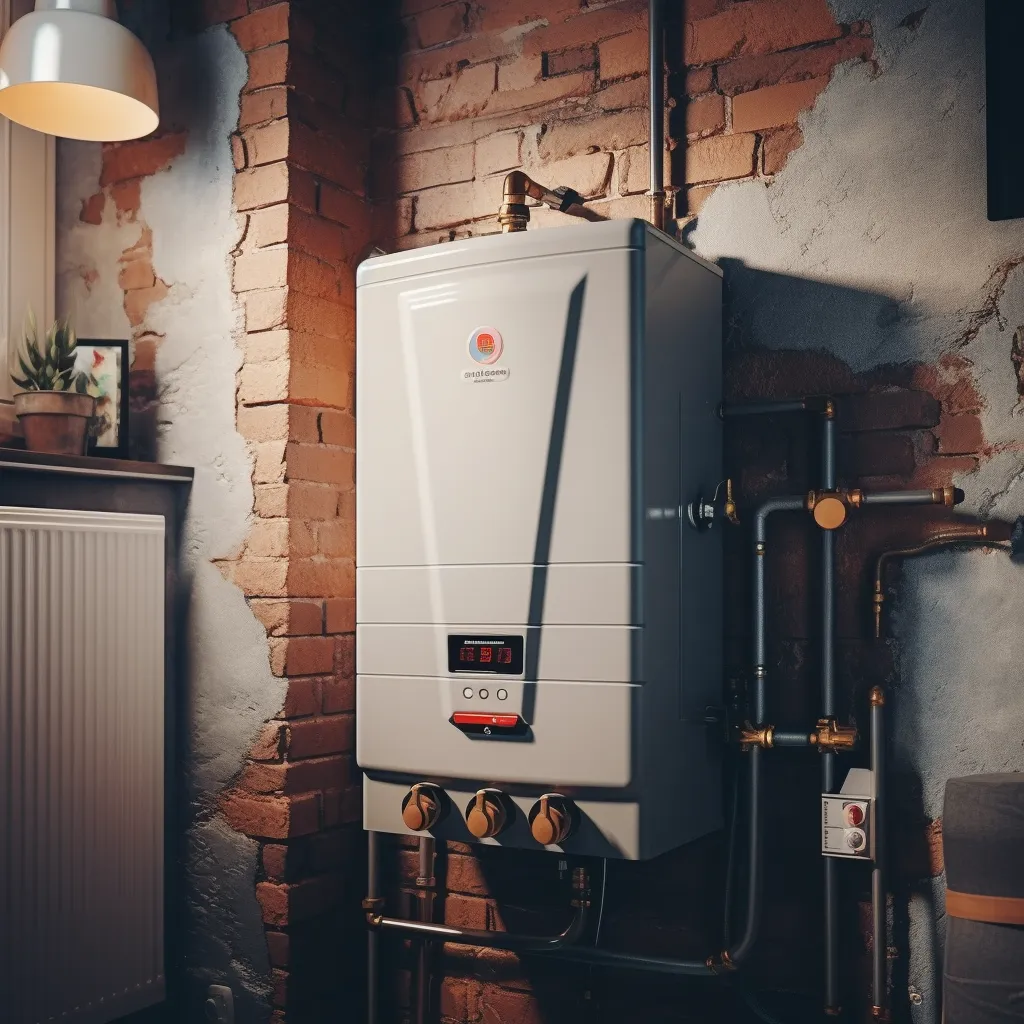
A reliable professional will be able to:
We offer comprehensive water heater services to meet your needs:
We can assess your water heater and determine if it requires repair or replacement.
Our team will provide you with a detailed estimate that includes labor, materials, and applicable taxes.
We'll assist you in selecting the best water heater for your specific requirements, considering factors such as size, efficiency, and price.
Our experienced technicians will handle the entire installation process, ensuring a seamless transition from removing the old water heater to setting up the new one.
We stand behind the quality of our workmanship and the parts we use, providing warranty coverage for added peace of mind.
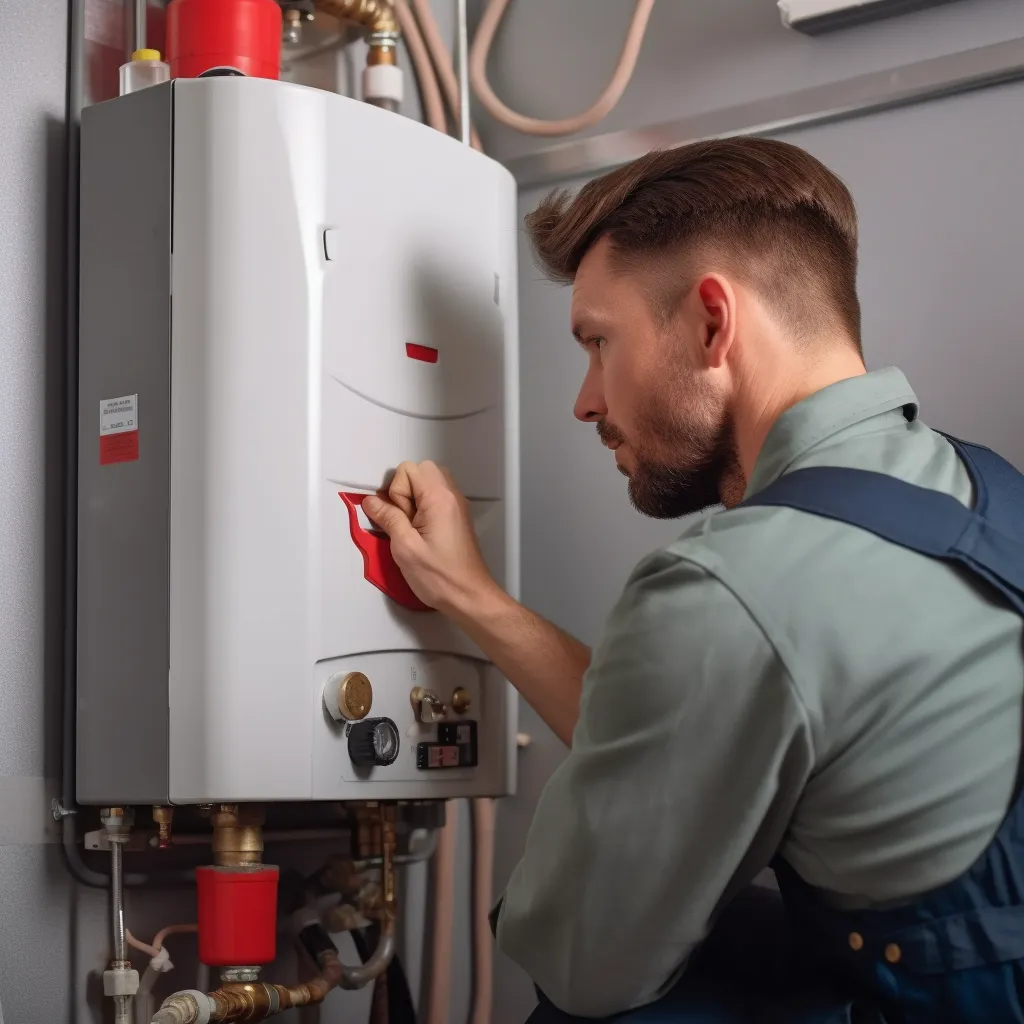
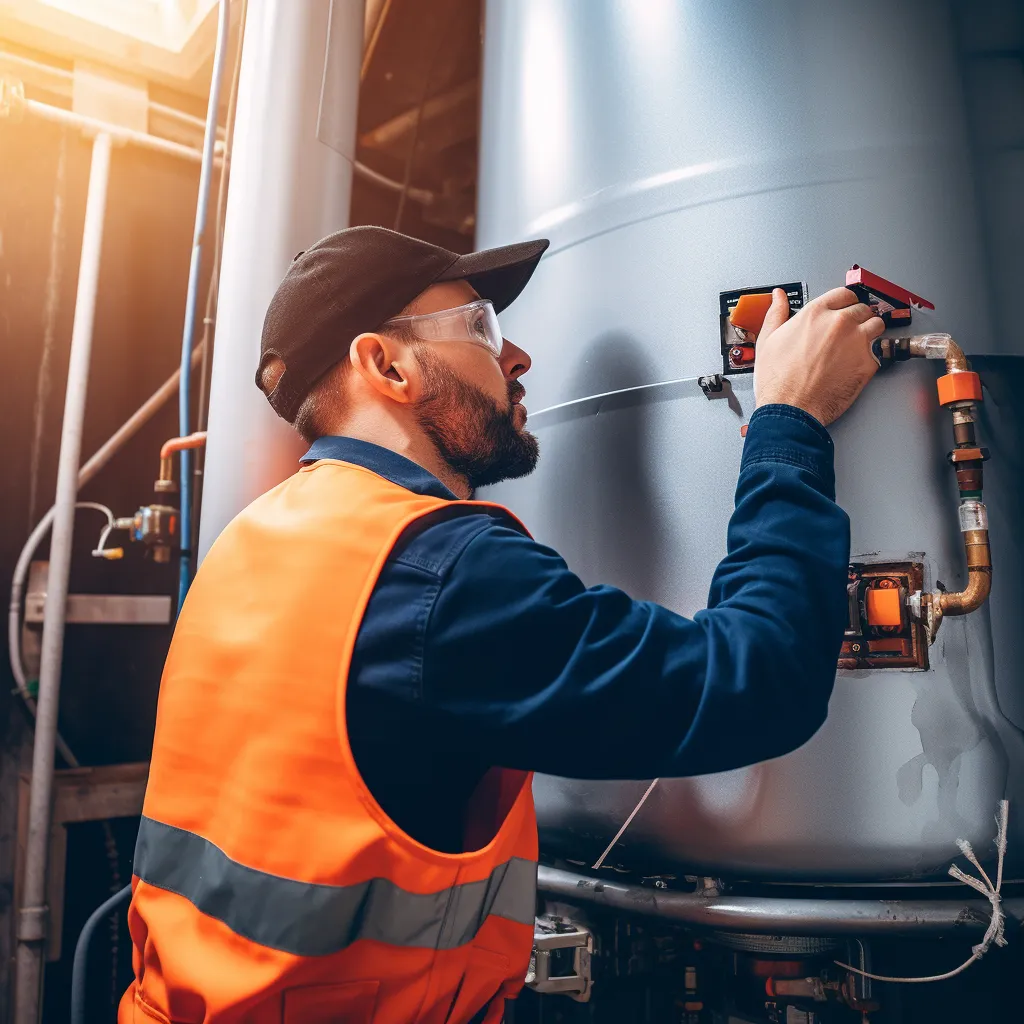
Water heaters don't last forever
Knowing when to replace or maintain your water heater is essential. The lifespan of a water heater typically ranges from 6 to 12 years, depending on usage and efficiency. When considering a replacement, several factors affect the cost, including the type and size of the water heater, installation and maintenance fees, and potential savings from rebates, incentives, or extended warranties. Conduct thorough research and compare different water heater models to make an informed decision. Consulting a licensed professional can provide valuable assistance and potentially save you time and money in the long term.
Contact Us
GET IN FULL TOUCH
PHONE: (831) 604-3132
EMAIL:
Gregory@waterheaterseaside.com
Family Home Plumbing Services
Seaside, CA 93955
